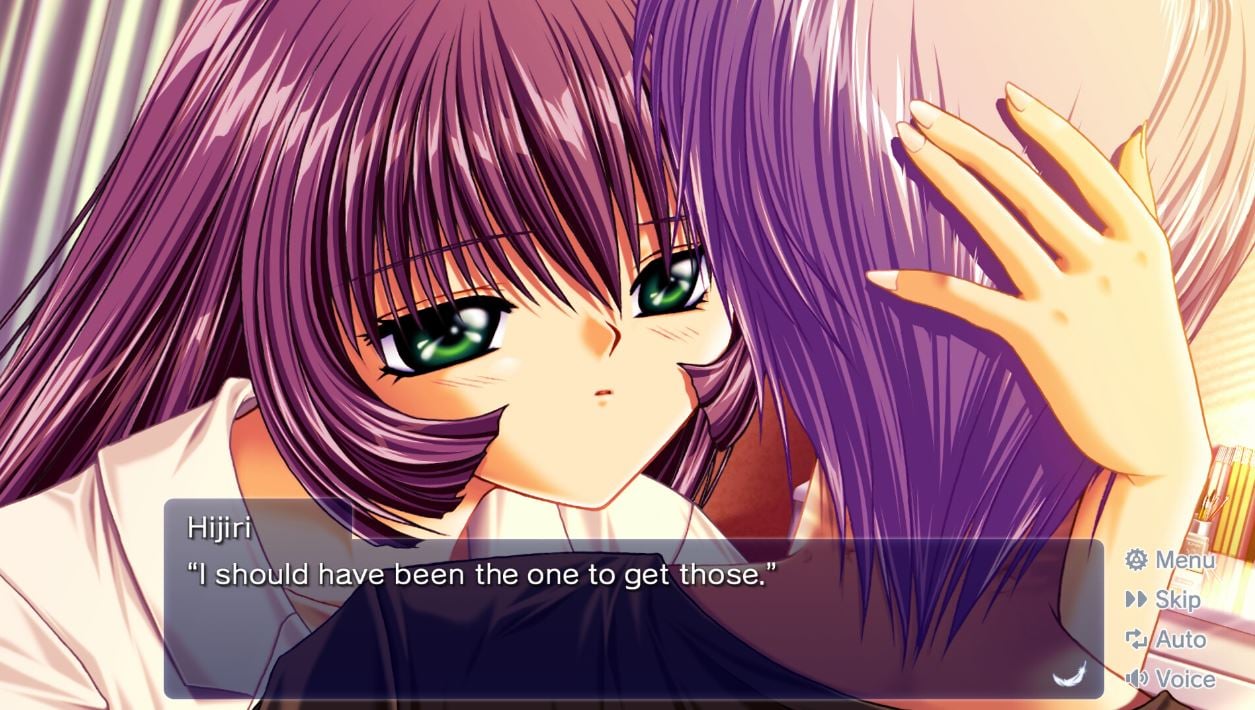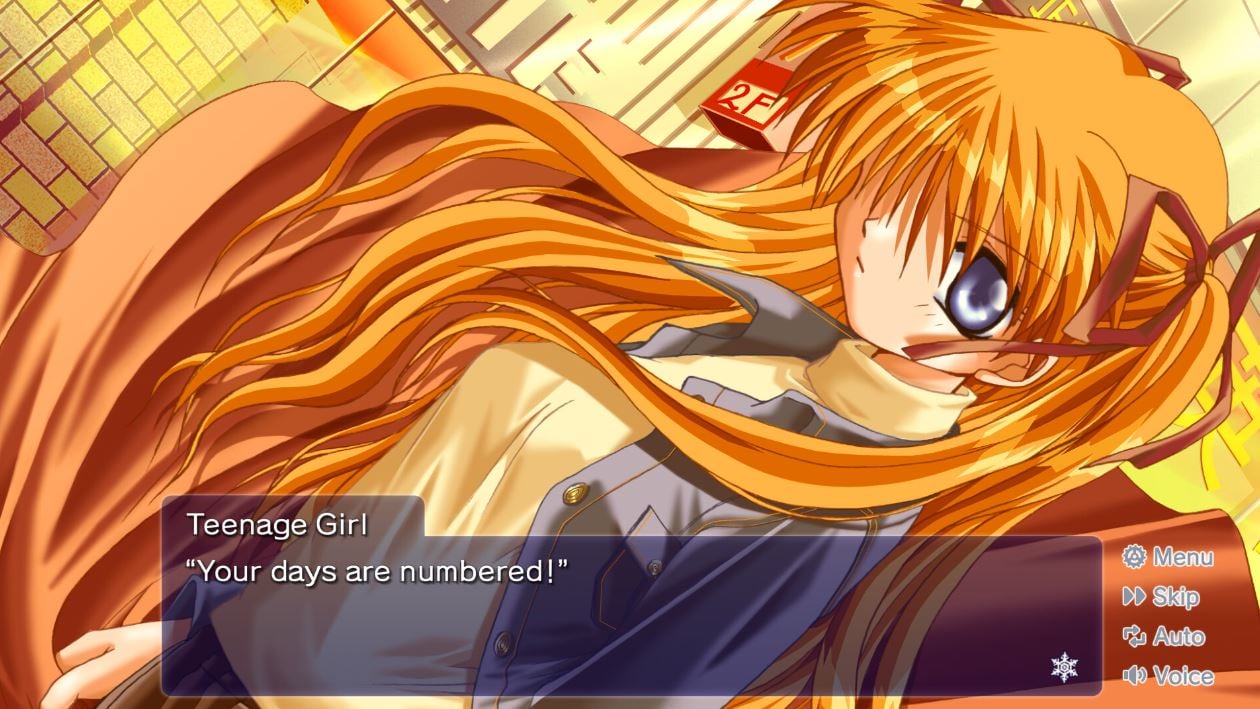From the mid 90s through to the 00s, Japanese bishojo visual novel games were booming, largely thanks to the golden era created by studios Leaf (part of publisher Aquaplus) and Key (part of Visual Arts). Through acclaimed titles like ToHeart, White Album, Kanon, AIR and Clannad, these developers elevated the genre with more complex (and very tear-jerking) stories and memorable OSTs.
This boom was largely contained within the PC market, where creators had the highest freedom, especially when it came to mature content. While Japan’s market for such titles subsequently shrunk, the genre saw a bit of a revival with the emergence of Steam, which also made it more accessible to non-Japanese speaking players.

In a recent interview with Denfaminicogamer, Leaf founder Naoya Shimokawa and Key co-founder Shinji Orito talked about their experiences with modern platforms like Steam.
Orito is quick to comment on how strict Steam can be with pre-launch screenings and approvals of games. “I’ve heard that the standards can differ depending on the person in charge of screening, and it’s quite tricky.”
Shimokawa immediately agrees, commenting that he feels a difference between standards in Japan and overseas, with Japanese bishojo-style character illustrations being perceived as too young looking outside of Japan. He goes on to recount an interesting episode – “This didn’t happen on Steam, but when we were working on a game called White Album 2 Dream Communications, [the platform] asked us to remove jiggle physics from the 3D models’ breasts when they danced.”

Eager to comply with the requirements and get their game approved for launch, the developers removed the models’ bones (components that allow animators to assign movement to parts of the 3D model), thus eliminating jiggle. However, Shimokawa comments, “When we requested a re-evaluation, the platform rejected us again, insisting that ‘They’re still jiggling,’ and we were like no, that can’t be, there’s no bones there (laughs)!”
In the end, Leaf managed to get approval, but they had to explain the technicalities of why any residual boob jiggle in their game was physically impossible. “The ordeal made me keenly aware of the difficulties caused by the difference in standards between Japan and the rest of the world,” Shimokawa notes.

However, even with such complications being common, Leaf’s founder is very positive about Steam, citing the fact that it gives them access to a large number of players worldwide in face of Japan’s shrinking local market for the genre.
Orito adds that thanks to Steam’s wider audience, his studio now considers localization into multiple languages from the early stages of development, as well as ways to make their games evergreen. “Things have changed a lot since the time we first started making games.”





